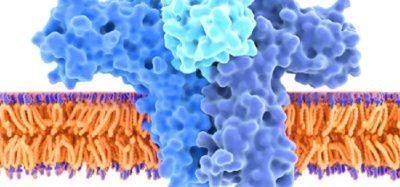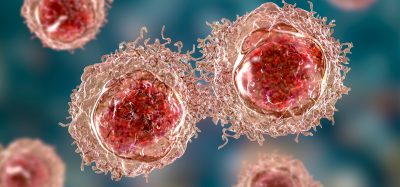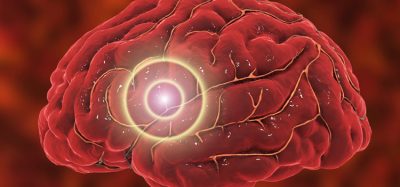Vitamin C improves immunogenic properties of dendritic cells, study shows
Posted: 4 November 2022 | Izzy Wood (Drug Target Review) | No comments yet
Spanish researchers have discovered that vitamin C may hold the key to improving the efficacy of dendritic cell-derived anticancer therapies.

Researchers from the Epigenetics and Immune Disease Lab at the Josep Carreras Leukaemia Research Institute, Spain, have recently uncovered that vitamin C improves the immunogenic properties of dendritic cells, in vitro.
The results of the study show that treating cells with vitamin C leads to a more consistent activation of genes involved in the immune response, mainly through DNA demethylation. This discovery may be useful to generate more potent dendritic cell-based therapies in the future.
The best-known anticancer cell therapies use lymphocytes, as in the highly successful CAR T-cell therapies. Recently, dendritic cells have attracted the scientists’ attention because of their ability to uptake and present antigens to T-lymphocytes and induce an antigen-specific potent immune activation. In this regard, loading dendritic cells with specific antigens to create immune memory constitutes so-called DC-vaccines.
To study dendritic cells in the lab, researchers differentiated them from monocytes using a particular set of molecular signalling. This differentiation is accomplished through a complex set of gene activation processes, mostly it is due to the activity of the chromatin remodelling machinery spearheaded by the TET family of demethylases.
Vitamin C was known to interact with several TET proteins to enhance activity, but the specific mechanism was still poorly understood in human cells. In a recent publication at the prestigious journal Nucleic Acids Research: a team lead by Dr Esteban Ballestar hypothesised that treating monocytes in vitro while differentiating into dendritic cells, would help the resulting cells be more mature and active.
The results from the team showed that vitamin C treatment triggers an extensive demethylation at NF- kB/p65 binding sites compared with non-treated cells – promoting the activity of genes involved in antigen presentation and immune response activation.
Also, vitamin C increases the communication of the resulting dendritic cells with other components of the immune system and stimulates the proliferation of antigen-specific T cells.
Effectively, the researchers proved that vitamin C-stimulated dendritic cells loaded with antigens specific for the SARS-CoV-2 virus were able to activate T cells in vitro more efficiently than non-treated cells, showing the superiority of DC-vaccines treated with vitamin C.
Overall, these new findings support the hypothesis that treating monocyte-derived dendritic cells with vitamin C may help generate DC-vaccines with higher performance. After consolidating these results in pre-clinical models and in clinical trials, a new generation of cell therapies based on dendritic cells may be used in the clinic to fight cancer more efficiently.
Related topics
Biotherapeutics, Cell Cultures, Cell Regeneration, Immunology, Targets, Therapeutics
Related conditions
Cancer
Related organisations
Epigenetics and Immune Disease Lab, Josep Carreras Leukaemia Research Institute
Related people
Dr Esteban Ballestar







